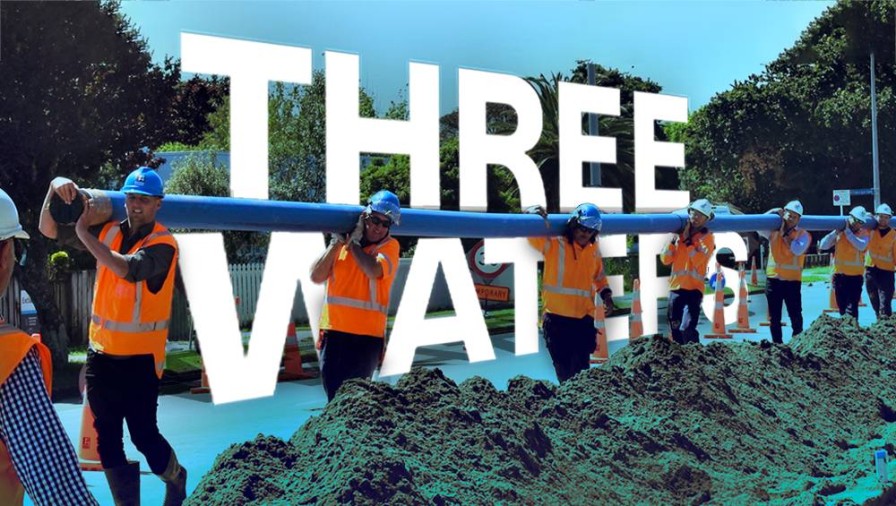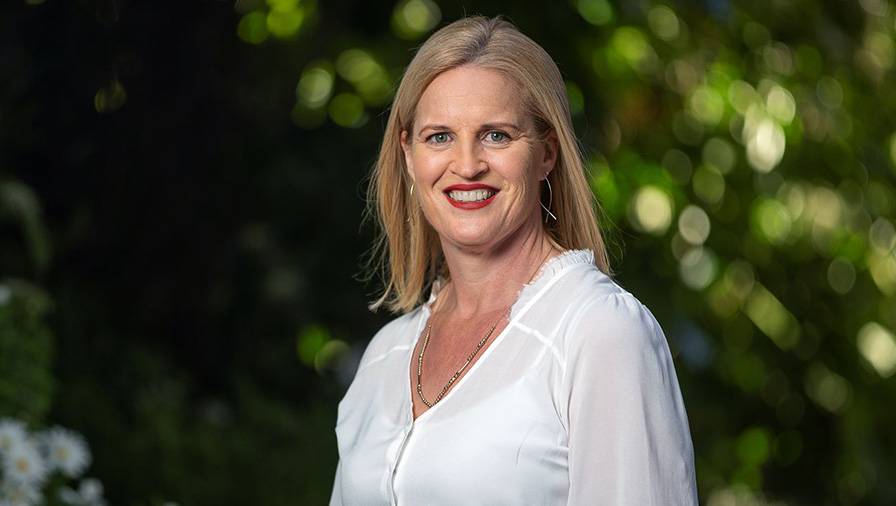Water done well, benefit changes, Browned off
ANALYSIS: The Government has more faith in local councils to fix water infrastructure.
WATCH: NBR political editor Brent Edwards speaks with Grant Walker.
ANALYSIS: The Government has more faith in local councils to fix water infrastructure.
WATCH: NBR political editor Brent Edwards speaks with Grant Walker.
This week, the Coalition Government delivered on another of its 100-day plan initiatives, passing legislation repealing the previous Government’s Three Waters reform.
The question now is, what comes next?
Pipes are still leaking, and wastewater systems are still polluting waterways and beaches around the country.
Local Government Minister Simeon Brown says the Government will now implement the National Party’s ‘Local Water Done Well’ policy. He expects to introduce and pass legislation by the middle of this year and then a second bill next year to give councils the flexibility to deal with the problem of ailing water infrastructure.
Under Brown’s plan, instead of imposing new water services entities on them, councils will be given the opportunity to voluntarily merge their water services entities.
According to Brown, the new legislation will enable councils to start shifting the delivery of water services into “more financially sustainable configurations should they wish to do so”. That appears to be the carrot for local councils. The second bill will carry the stick, as it will establish regulatory backstop powers, which will be used to ensure the effective delivery of financially sustainable or safe water services.
In other words, it appears that, if councils cannot get their act together voluntarily, the Government will step in and do it for them.
Labour’s local government spokesperson Kieran McAnulty says repealing the Three Waters reforms will ensure higher rates for every ratepayer.
“The cost of fixing our broken water infrastructure is estimated at $185 billion over just three decades. It is simply irresponsible of National to ignore the problem,” McAnulty says.

Labour’s Three Waters reform has now been scrapped.
Brown is not ignoring the problem but appears to have more faith in local councils – which have allowed their water infrastructure to degrade over many years – to solve the problem than Labour does. There will be plenty of focus on the detail of the legislation Brown proposes to fix the problem.
Scrapping of the Three Waters reform legislation joins a long list of former Labour Government initiatives the coalition has now repealed.
At the same time, NBR presenter Grant Walker notes the Government faces an increasing list of demands on it for more spending, at a time when it demands government agencies cut their spending by 6.5% or 7.5%. Walker rolls out a litany of issues – from fixing the pipes, to replacing the ferries, fixing the Reserve Bank vault, recovery funds, a new 111 system ... the list goes on. Not to mention roads, schools, and hospitals.
At least Prime Minister Christopher Luxon has put a cap on what ministers can spend on self-drive cars. As Walker says, it is good to see the cuts starting at the top. But savings made there will not pay for a new school building or hospital.

Social Development Minister Louise Upston.
The Government also rushed benefit changes through Parliament to align benefit increases with inflation, rather than wage growth. While that might be beneficial to beneficiaries in the short term – while inflation remains high – it will mean they get less of an increase in the longer term and the Ministry of Social Development estimates it will likely increase the number of children in poverty by about 7000 by 2028.
It comes in the same week the latest Salvation Army ‘State of the Nation’ report concludes that although child poverty rates may have gone down, low-income households face increasing pressure from the cost-of-living crisis and from housing costs.
The Ministry of Social Development estimates it will likely increase the number of children in poverty by about 7000 by 2028.
Social Development Minister Louise Upston defended the change in the way benefits will be adjusted each year, saying it will protect the real incomes of beneficiaries while making sure the cost to taxpayers is sustainable and manageable in the long term.
The abatement threshold for the Minimum Family Tax Credit was also increased so low-income working families can earn more before their tax credit starts to reduce.

Simeon Brown.
Returning to Simeon Brown, he appears to be in a bit of a battle with his namesake, Auckland mayor Wayne Brown, after the Government moved ahead with its plan to dump the Auckland Regional Fuel Tax. In response, the Auckland mayor has written to Auckland Transport calling on it to stop all transport projects being funded by the tax.
But the Transport Minister – the other Brown – has told RNZ the Government would legislate to ensure any remaining money from the Regional Fuel Tax was spent on transport improvements in Auckland.
It seems extraordinary that the two Browns – and Simeon Brown is also the minister responsible for Auckland – would not have sorted these issues out in private rather than get into a public dispute.
Meanwhile, the latest opinion polls show the Treaty of Waitangi is one of the top three issues for voters and that Act’s support is up, presumably off the back of its push to redefine the principles of the Treaty. At the very least, the polls results will likely strengthen Act’s resolve to push the issue, even as Luxon has made it clear National will not support the Treaty Principles Bill beyond going to a select committee for consideration.
Brent Edwards is NBR’s political editor.
Sign up to get the latest stories and insights delivered to your inbox – free, every day.